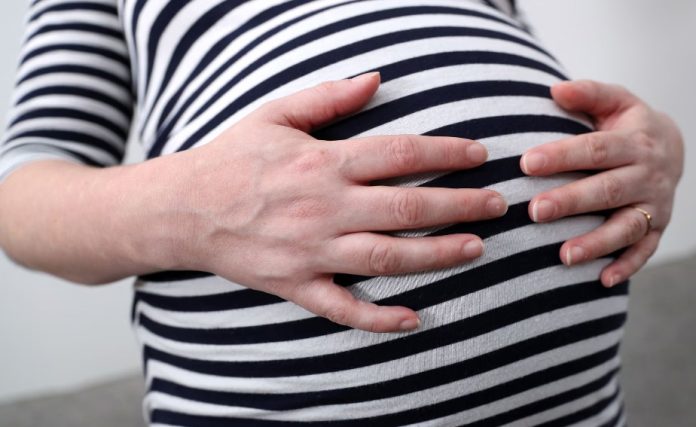An international surrogacy network exploited impoverished women, denied miscarriage payments and “commercialised” babies in Argentina, The Guardian reports.
A team of prosecutors said they uncovered a “criminal enterprise” that charged foreign couples about $50,000 per child born through surrogacy in Argentina.
They said “vulnerable women in difficult economic situations” were targeted and recruited through social media. Women were offered $10,000, with a bonus of $1,000 to $2,000 if they gave birth by caesarean section.
But if the pregnancies were terminated for any reason – such as miscarriage – the companies refused to pay the surrogates except for minimal monthly expenses, prosecutors allege.
Earlier this month, police searched four fertility centres in Buenos Aires and two in Rosario, seven notary offices and three law firms, seizing medical and payment documents. The Public Prosecutor’s Office, together with the Human Trafficking and Exploitation Unit, is investigating all those involved in the crimes of human trafficking and the “commercialisation” of children. Prosecutors said:
“Those under investigation carried out a criminal enterprise dedicated to the recruitment of women, many of them vulnerable and in conditions of economic deprivation, with the aim of subjecting them to exploitation comparable to reduction to servitude.”
A source close to the investigation said those who ran the scheme, advertised by various individuals and companies as Programme Argentina, were “making significant profits.”
Nigel Cantwell, founder of Defence for Children International and one of the world’s leading authorities on child protection policy, said the allegations in Argentina were “particularly egregious.” He also added:
“If the women were not being paid for their services when there was a problem during the pregnancies, then it was pure sale of children. It’s an extraordinarily difficult thing to try to defend on an ethical basis.”
No rules on surrogacy
There are no international rules or treaties on surrogacy, and national rules vary widely. In wealthy countries, surrogacy often goes through pre-screening, counselling and legal advice, and in the UK prospective parents are vetted by social workers.
But surrogate mothers in developing countries are often poor and illiterate, and experts say some sign contracts without understanding all the documentation. There is usually little or no vetting of those who apply for surrogacy, Cantwell said.
Prosecutors said the Argentine investigation began in January when a 58-year-old German woman brought a three-month-old baby in “very poor health” to the emergency room of a Bonn hospital. It turned out that the baby had been born in Argentina through surrogacy. The German police decided that the woman was unable to care for the child and placed her in temporary foster care.
In recent years, several developing countries have attempted to put an end to international surrogacy – in 2015, Thailand and India banned foreigners from paying for surrogacy – but the practice continues to boom. Experts estimate that the value of the global surrogacy industry was worth $14bn in 2022, rising to $17.9bn in 2023 and reaching $139bn by 2032.
